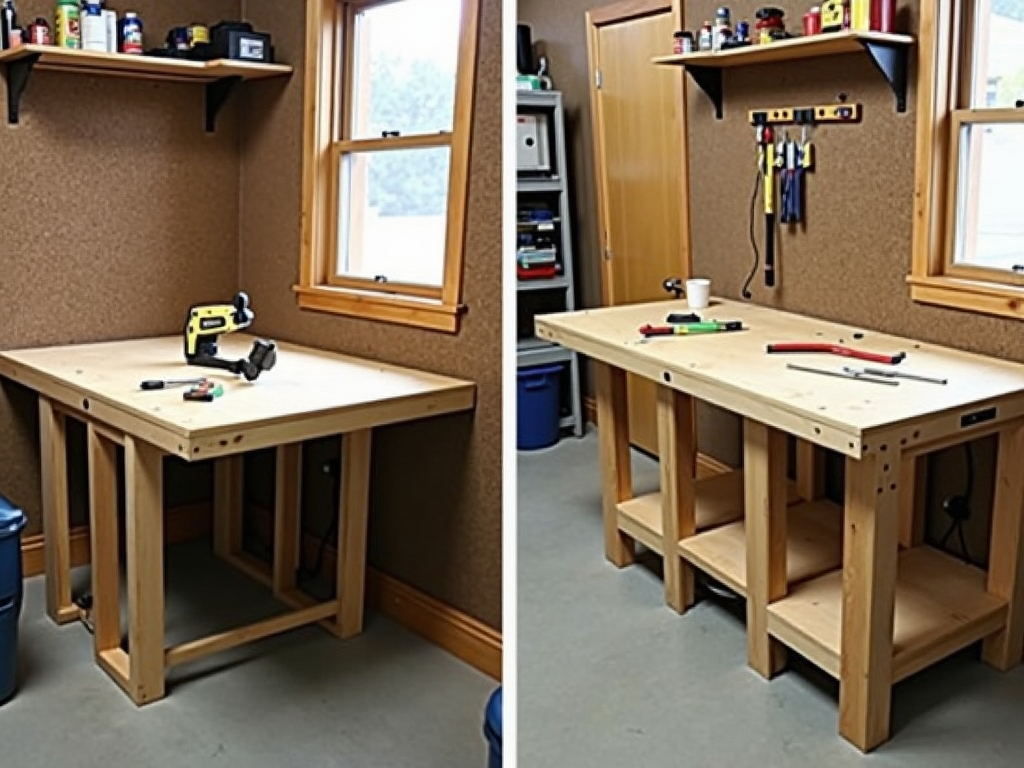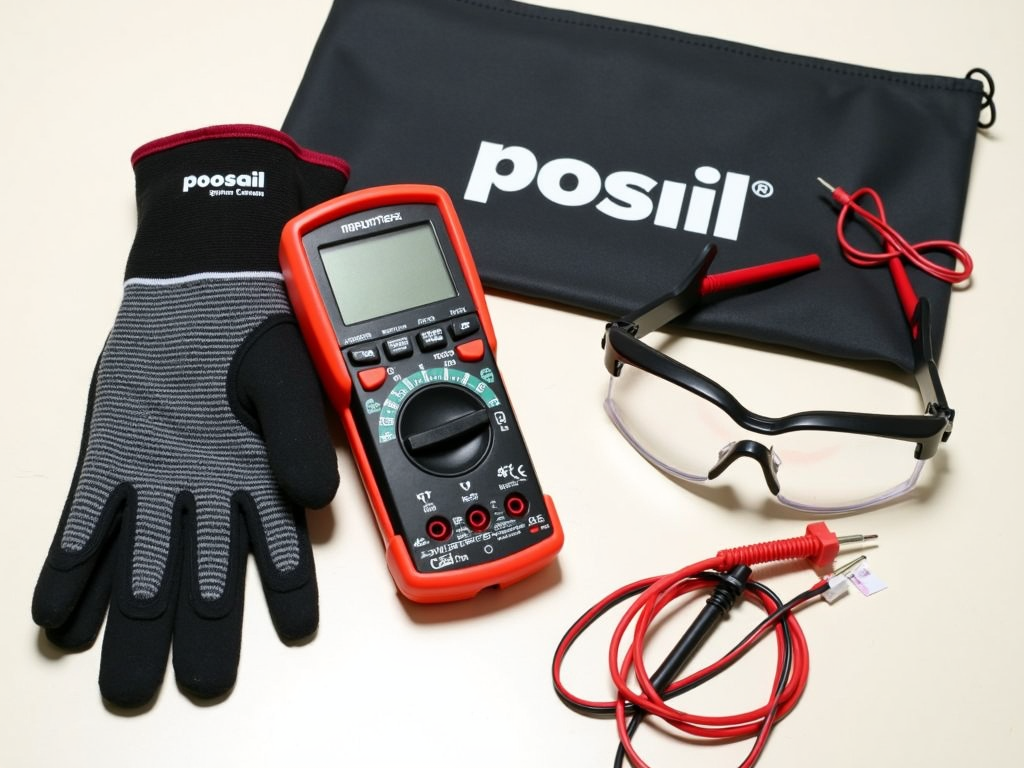Automation is no longer a luxury reserved for large corporations. Small and medium-sized enterprises (SMEs) are increasingly adopting automation to stay competitive in today's fast-paced market. This article delves into real-world case studies of SMEs that have successfully implemented automation, highlighting the benefits, challenges, and key takeaways from their experiences.

The Rise of Automation in SMEs
In recent years, automation has become more accessible to SMEs thanks to advancements in technology and decreasing costs. From robotic process automation (RPA) to AI-driven analytics, SMEs are leveraging a variety of tools to streamline operations, reduce costs, and improve product quality. But what does successful implementation look like? Let's explore some case studies.
Case Study 1: Precision Manufacturing Co.
Precision Manufacturing Co., a small factory specializing in custom metal parts, faced challenges with manual processes that were time-consuming and error-prone. By implementing a combination of CNC machines and automated quality control systems, they reduced production time by 30% and improved accuracy by 25%. The key to their success was investing in employee training to ensure a smooth transition to the new systems.

Case Study 2: EcoPack Solutions
EcoPack Solutions, a medium-sized packaging company, struggled with high labor costs and inconsistent product quality. They introduced automated packaging lines and IoT sensors to monitor production in real-time. This led to a 20% reduction in labor costs and a 15% increase in customer satisfaction due to fewer defects. Their success hinged on integrating automation with existing workflows and continuously optimizing processes based on data insights.

Case Study 3: SmartFarms Ltd.
SmartFarms Ltd., an SME in the agricultural sector, used automation to tackle labor shortages and improve yield. By deploying automated irrigation systems and drone technology for crop monitoring, they increased crop yield by 40% while reducing water usage by 25%. Their approach demonstrates how automation can address industry-specific challenges and drive sustainability.

Benefits and Challenges of Automation in SMEs
The case studies above illustrate several benefits of automation for SMEs, including:
- Increased Efficiency: Automation reduces manual labor and speeds up processes.
- Improved Quality: Automated systems minimize human error and ensure consistency.
- Cost Savings: Over time, automation can lead to significant reductions in operational costs.
- Scalability: Automation allows SMEs to scale operations without proportionally increasing labor.
However, implementing automation also comes with challenges:
- Initial Investment: The upfront cost of automation technology can be high for SMEs.
- Skill Gaps: Employees may need training to operate and maintain new systems.
- Integration Issues: Ensuring new automation tools work seamlessly with existing processes can be complex.
Overcoming these challenges requires careful planning, stakeholder buy-in, and a willingness to adapt.
The Future of Industrial Automation
As technology continues to evolve, the future of industrial automation looks promising for SMEs. Emerging trends include:
- AI and Machine Learning: These technologies will enable more sophisticated automation, such as predictive maintenance and adaptive manufacturing.
- Collaborative Robots (Cobots): Cobots are designed to work alongside humans, enhancing productivity without replacing the workforce.
- IoT and Connectivity: The Internet of Things will further integrate automation systems, providing real-time data for better decision-making.
SMEs that stay ahead of these trends will be well-positioned to thrive in the competitive landscape.

Key Takeaways for SMEs
Based on the case studies and trends discussed, here are some actionable insights for SMEs considering automation:
- Start Small: Begin with automating a single process to test the waters and learn from the experience.
- Invest in Training: Ensure employees are equipped with the skills needed to work with new technologies.
- Focus on Integration: Choose automation solutions that can seamlessly integrate with existing systems.
- Leverage Data: Use data analytics to monitor performance and continuously improve automated processes.
- Plan for Scalability: Select automation tools that can grow with your business.
By following these guidelines, SMEs can successfully implement automation and reap the benefits of increased efficiency, quality, and competitiveness.
In conclusion, automation is a powerful tool for SMEs looking to enhance their operations and stay competitive. The case studies of Precision Manufacturing Co., EcoPack Solutions, and SmartFarms Ltd. demonstrate that with careful planning and execution, automation can lead to significant improvements in efficiency, quality, and cost savings. As technology continues to advance, SMEs that embrace automation will be well-positioned for future success.
Related Case Studies: Successful Implementation of Automation in SMEs:
- Mastering Automation: A Deep Dive into Advanced Electrical Tools
- How to Stay Safe on Construction Sites: Essential Tips
- 10 Space-Saving Storage Solutions for Small Workshops
- Safety Practices in Home Electrical Repairs: A Comprehensive Guide
- Essential Workman Tools for Electricians and Plumbers
- How to Choose the Right Workbench for Your Space: A Complete Guide
- How to Choose the Right Drill Bit for Your Project
- Essential Tips for Using a Multimeter
- How to Choose the Right Socket Set for Any Job
- How to Choose the Best Hammer for Your Needs
- A Guide to Basic DIY Home Repair Tools: Focus on Hammers
- Essential Safety Gear for Every Handyman










